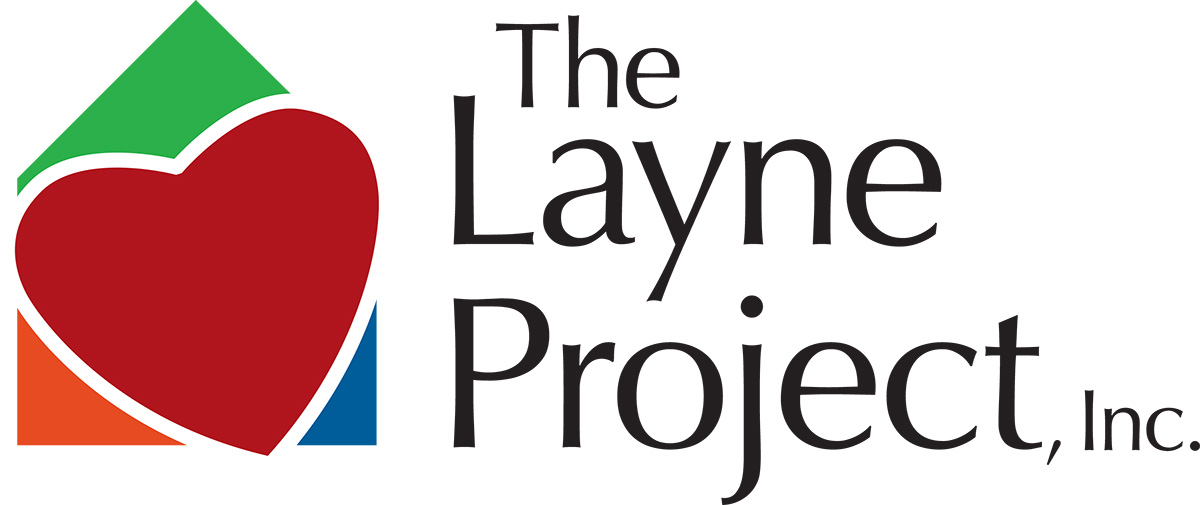The Art of Manifesting with Eyes Wide Open – What Annie Duke Taught Me About Mental Contrasting and Co-Parenting
 I have a confession: I love me some manifestation. Send out good energy, and that’s what you get back. Joe Dispenza? Yes. Bob Proctor? Of course. But recently, I stumbled upon Annie Duke, and let me tell you—she has officially joined my list of professional crushes. Alongside Diane Kander, she’s rocking my world with a different kind of thinking.
I have a confession: I love me some manifestation. Send out good energy, and that’s what you get back. Joe Dispenza? Yes. Bob Proctor? Of course. But recently, I stumbled upon Annie Duke, and let me tell you—she has officially joined my list of professional crushes. Alongside Diane Kander, she’s rocking my world with a different kind of thinking.
At first, I resisted. Wait, what? Is she saying positive thought is bad? Don’t do it, Trina. Don’t get pulled in. Read on. Don’t get polarized. Challenge your perspective. You’ve got this, Trina. Read on. And so I did.
And what I found was beautiful—not a rejection of positive thinking, but an expansion of it. A balance. A BeH2O moment. It’s not about choosing between optimism and realism, between manifestation and preparation. It’s about both.
Mental Contrasting: The Power of Preparing for Obstacles
Annie Duke talks about mental contrasting—not just visualizing success but anticipating the obstacles along the way. It turns out, imagining the things that might go wrong increases the likelihood that you’ll actually achieve your goal. This resonated deeply because in my work with co-parents, we do this all the time.
Co-parenting isn’t just about staying positive and hoping things work out. It’s about recognizing the potential pitfalls in the next 30, 60, 90 days and creating a system so that when the bottom falls out, we already know how to pick it up. That’s not manifesting disaster; it’s safeguarding childhoods.
Premortem & Backcasting: Predicting Failure to Ensure Success
Duke introduces the concept of premortem thinking—imagining yourself in the future, looking back on your goal as if you didn’t achieve it, and identifying the reasons why. What decisions did you make (or fail to make) that led to this failure? What external forces played a role?
Then, there’s backcasting—the opposite exercise. Imagine you did succeed. What choices and actions got you there? What external forces worked in your favor?
This framework is exactly what we do in the BeH2O™ curriculum. When I work with co-parents, we don’t just hope for a smooth transition for their child—we anticipate what could go wrong. What could disrupt the schedule? What disagreements might arise? Then, we design systems that ensure success. We’re not abandoning positive thinking; we’re refining it.
The Ulysses Contract: Guardrails for Better Decisions
Duke also introduces the Ulysses Contract—a concept rooted in advanced commitments. We can use it to:
- Physically prevent ourselves from making poor decisions.
- Raise barriers that make it harder to act impulsively.
- Lower barriers to make good choices easier.
For co-parents, this might look like:
- Setting firm communication boundaries so emotions don’t derail discussions.
- Establishing structured routines for exchanges, so there’s less room for friction.
- Creating a shared document for agreements, reducing miscommunication.
In business, in life, in parenting—we’re all constantly battling Dr. Evil Thinking (Duke’s term for the tiny poor decisions that add up over time). These small, seemingly harmless exceptions—the ones we justify in the moment—are often what lead to failure. Identifying them, writing them down, and questioning their frequency is a game-changer.
Framing & Perspective-Taking: The Beauty of Divergent Thought
Another golden nugget from Duke? The way information is framed affects the way people process it. Agreement feels good; disagreement feels bad. But the best decisions come from exploring divergent viewpoints. In co-parenting, in leadership, in personal growth—the real breakthroughs happen when we lean into differing perspectives, not just our own.
This aligns perfectly with The Third Side concept in BeH2O™. BeH2O™ Certified Coaches don’t just mediate—they facilitate perspective-taking so that co-parents can see beyond their own viewpoint. And in my own professional development, I had to push myself to do the same with Duke’s work. My initial resistance wasn’t about her ideas—it was about my attachment to my own.
The BeH2O™ Balance: Manifestation + Preparation = Success
Duke’s insights reinforced what I already knew but hadn’t articulated this way: Manifestation alone isn’t enough. Neither is realism alone. The real power is in the balance.
It’s in believing in the best possible outcome and preparing for the roadblocks. It’s in trusting that things will work out and ensuring you have a plan for when they don’t. It’s in knowing that success isn’t just about what happens to you—it’s about how you navigate it.
This is what we teach in BeH2O™. This is what I live in my own work. And this is what I hope more professionals and co-parents embrace: You don’t have to choose between positivity and preparation. The magic happens when you bring them together.
